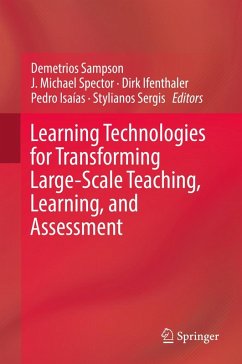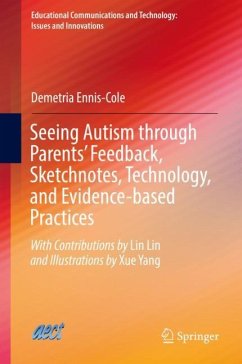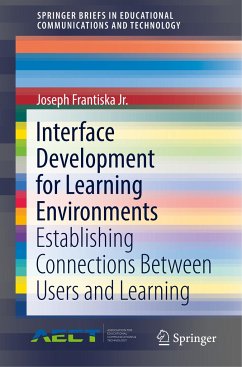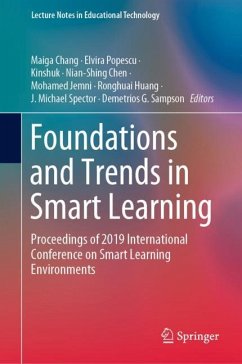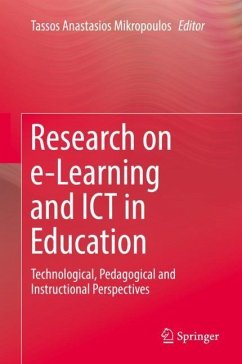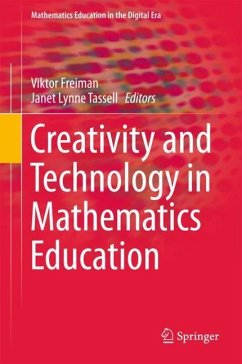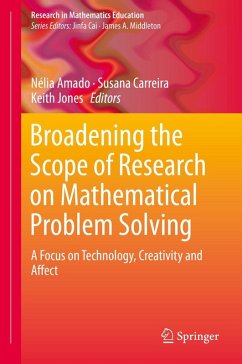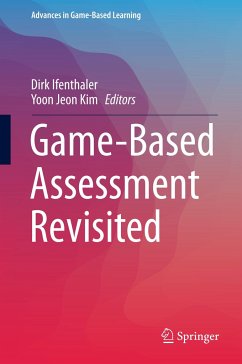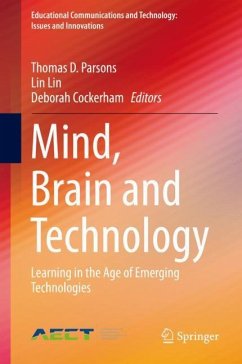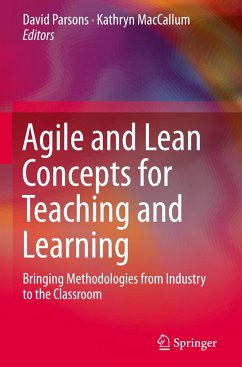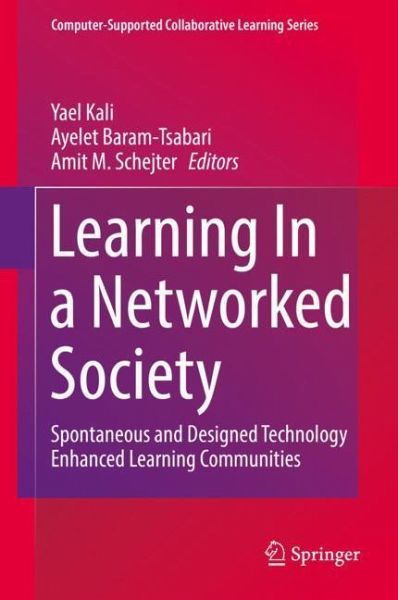
Learning In a Networked Society
Spontaneous and Designed Technology Enhanced Learning Communities
Herausgegeben: Kali, Yael; Baram-Tsabari, Ayelet; Schejter, Amit

PAYBACK Punkte
58 °P sammeln!
One of the most significant developments in contemporary education is the view that knowing and understanding are anchored in cultural practices within communities. This shift coincides with technological advancements that have reoriented end-user computer interaction from individual work to communication, participation and collaboration. However, while daily interactions are increasingly engulfed in mobile and networked Information and Communication Technologies (ICT), in-school learning interactions are, in comparison, technologically impoverished, creating the phenomenon known as the school...
One of the most significant developments in contemporary education is the view that knowing and understanding are anchored in cultural practices within communities. This shift coincides with technological advancements that have reoriented end-user computer interaction from individual work to communication, participation and collaboration. However, while daily interactions are increasingly engulfed in mobile and networked Information and Communication Technologies (ICT), in-school learning interactions are, in comparison, technologically impoverished, creating the phenomenon known as the school-society digital disconnect. This volume argues that the theoretical and practical tools of scientists in both the social and educational sciences must be brought together in order to examine what types of interaction, knowledge construction, social organization and power structures: (a) occur spontaneously in technology-enhanced learning (TEL) communities or (b) can be created by design of TEL. This volume seeks to equip scholars and researchers within the fields of education, educational psychology, science communication, social welfare, information sciences, and instructional design, as well as practitioners and policy-makers, with empirical and theoretical insights, and evidence-based support for decisions providing learners and citizens with 21st century skills and knowledge, and supporting well-being in today's information-based networked society.





